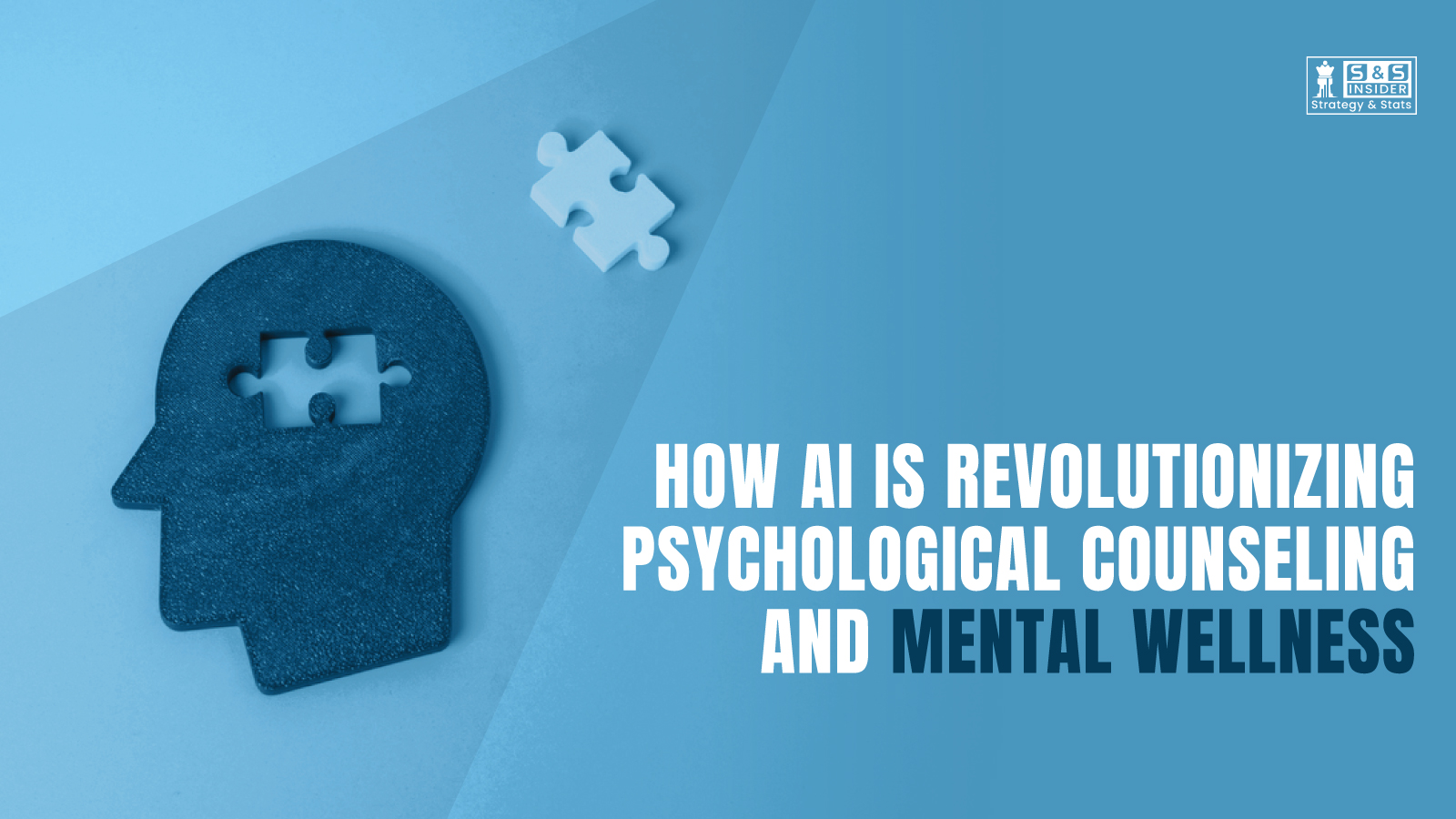
Mental health care is only one of the many industries that artificial intelligence (AI) is transforming. The way mental health disorders are identified, treated, and managed is changing as a result of the use of AI in psychological counseling. This blog examines the complex relationship between AI and mental health, emphasizing both its advantages and disadvantages for people.
Breaking Down Barriers: How AI Makes Mental Health Help More Reachable
Increased access to psychological treatment is one of AI's most important effects on mental health. Many people encounter obstacles that keep them from getting help, such as stigma, expense, and regional restrictions. Platforms driven by AI can provide scalable, reasonably priced, and private assistance at any time and from any location. Preliminary mental health evaluations and emotional support are increasingly being provided by chatbots and virtual therapists, which makes therapy less daunting and more reachable for users.
Tailoring Healing: Using AI to Understand You Better
In psychological counseling, AI enables professionals to use enormous volumes of data to customize treatment to meet the needs of each client. To find signs and causes of mental health disorders, machine learning algorithms can examine patterns in a patient's speech, behavior, and physiological data. Treatment plans are more effective because of this personalization, which allows therapists to modify their methods in response to patients' progress and real-time feedback. AI thus promotes a more patient-centered strategy that honors individual mental health paths.
Catching the Signs Early: AI’s Role in Preventing Mental Health Crises
Artificial intelligence (AI) is showing great promise in the early identification of mental health conditions. Artificial intelligence (AI) can spot early warning indicators of anxiety, sadness, or suicidal thoughts by keeping an eye on wearable technology, social media activity, and digital communications. In mental health treatment, early intervention is essential, and AI enables medical personnel to take preventative measures. Many mental diseases may be less severe and last shorter periods of time if reactive care is replaced with preventive care.
Lightening the Load: How AI Supports Therapists to Care Better
Therapist burnout results from a shortage of qualified experts compared to the demand for AI in mental health care. By automating repetitive tasks like note-taking, appointment scheduling, and symptom tracking, AI solutions can reduce workload. Additionally, therapists can improve accuracy and confidence in their diagnosis and treatment planning with the use of AI-driven decision support systems. With this assistance, human counselors may concentrate more on the relationship-building and empathetic parts of therapy that AI cannot match.
Trust and Transparency: Preserving Privacy and Compassion in AI-Driven Care
In-spite of its advantages, there are significant ethical concerns with the application of AI in psychiatric counseling. AI lacks the trust, empathy, and human intuition that are essential to mental health care. Over-reliance on AI runs the risk of decreasing meaningful human interaction, which is essential for successful treatment. Furthermore, processing sensitive mental health data raises privacy issues. To uphold moral principles and safeguard those who are most in need, responsible AI implementation must place a high priority on patient permission, data security, and openness.
Connecting Cultures: How AI Bridges Language and Stigma in Mental Health
AI-powered counseling platforms can help close the gaps in mental health care globally by supporting numerous languages and adjusting culturally sensitive approaches. This capacity is particularly helpful in international settings when there are few resources for mental health and a stigma associated with therapy. AI counselors that are sensitive to cultural differences make mental health services more accessible and pertinent to a wider range of people.
Looking Forward Together: AI as a Partner in Lifelong Mental Wellness
In the future, artificial intelligence (AI) in psychological therapy is probably going to develop as a cooperative tool that enhances rather than replaces human therapists. Immersion therapy could be made possible by developments in virtual reality, emotion recognition, and natural language processing. Outside of conventional therapeutic settings, AI may potentially make it easier to manage long-term mental wellness and conduct ongoing monitoring. The future of mental health treatment will ultimately depend on how well AI's analytical capabilities and human empathy are integrated.